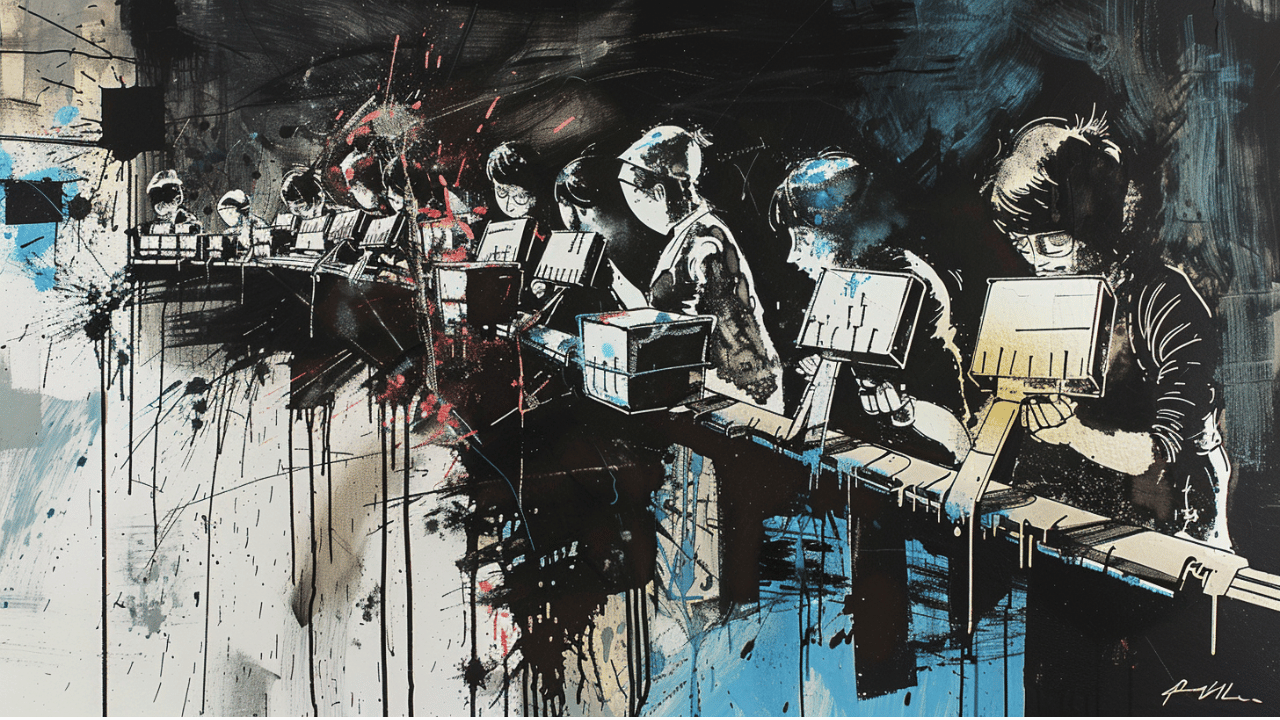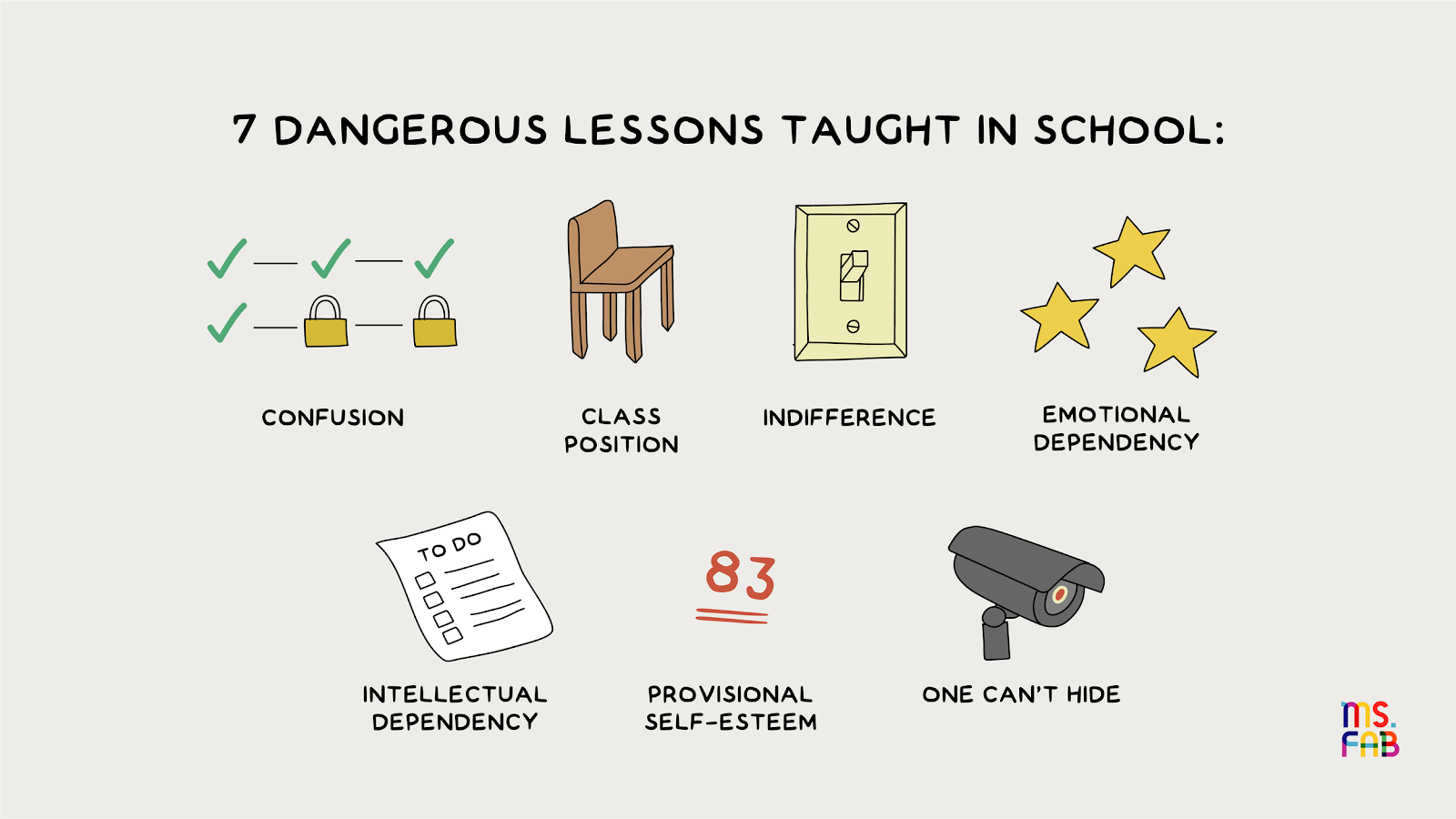The Great Education Swindle: Why Schools Isn't Preparing Kids for Life

One of the most pervasive beliefs in society is that traditional education is the best way to prepare for the real world. This notion is deeply ingrained, often passed down from generation to generation, and reinforced by educational institutions and societal norms.
The Problem: A Mismatch Between Education and Reality
So why has this belief taken such a strong hold? It's largely a matter of historical inertia and societal tradition. The education system has been doing things the same way for so long that change is often viewed with skepticism. This has led to a one-size-fits-all approach to education that is increasingly at odds with the complexities and demands of the modern world.
Example #1: The focus on rote memorisation doesn't prepare students for a world where information is readily available but critical thinking is required to navigate it.
Example #2: The emphasis on individual achievement and competition doesn't align with the collaborative nature of most modern workplaces.
Example #3: The lack of flexibility in curricula doesn't allow for the development of creative problem-solving skills, which are crucial in almost any career today.
The Flaw: Outdated Methods for a Modern World
The belief is flawed because it's based on an outdated understanding of what "the real world" requires. Ana Lorena Fabrega, an advocate for decentralised education and Chief Evangelist at Synthesis, pointed out that the skills and attitudes cultivated in most schools are not those that lead to success or fulfillment in modern life.
"Schools are broken partly because they are so centralised."
Her new book, The Learning Game, is an outstanding critique of this swindle and highlights how school often stifles creativity, curiosity, and the ability to think for oneself. She emphasises the need for a more flexible, student-centred approach that fosters these qualities. Studies have shown that 65% of the jobs today's students will hold in the future don't even exist yet, making the ability to adapt and learn more important than ever.
She references John Taylor Gatto's brilliant exposé: Dumbing Us Down: The Hidden Curriculum of Compulsory Schooling where he says there are 7 Dangerous Lessons teachers are forced to teach our kids:
- Confusion
- Class Position
- Indifference
- Emotional Dependency
- Intellectual Dependency
- Provisional Self-Esteem
- One Can't Hide
These are part of the great swindle our kids are being force-fed.

How to Shift Your Mindset: From Compliance to Adaptability
The first step in shifting your mindset is to question the traditional path that education sets for us. Both Fabrega and Gatto advocate for a more individualised approach to learning, one that takes into account each student's unique skills, interests, and learning styles.
By adopting this new perspective, you can begin to see education not as a one-size-fits-all solution, but as a platform for developing the skills and attitudes that are actually relevant to modern life. This shift in mindset can lead to more fulfilling careers, better mental well-being, and a more adaptable skill set.
Why the Old Model is Becoming Obsolete
The traditional model of education is increasingly out of step with the needs and opportunities of the modern world. Technological advances are democratising access to information and learning resources, making the teacher-centred, textbook-driven model increasingly redundant.
1. Online platforms are making personalised, lifelong learning a reality.
2. Employers are placing greater value on skills and adaptability rather than degrees and test scores.
3. A new generation of educators and learners is demanding more from an education system that has long resisted change.
The belief that traditional education is the best preparation for the real world is not only outdated but harmful, limiting both individual potential and societal progress. By embracing a new, more flexible and individualised approach to education, we can better prepare for a future that is anything but traditional.
